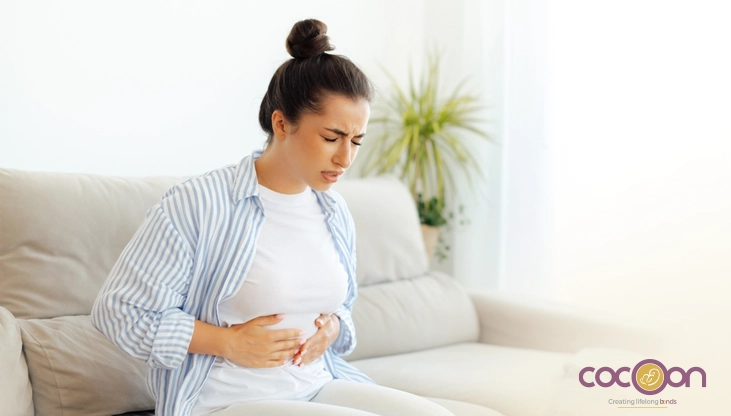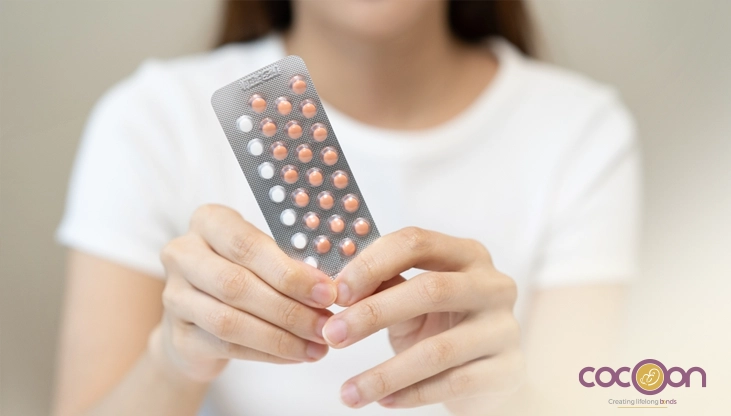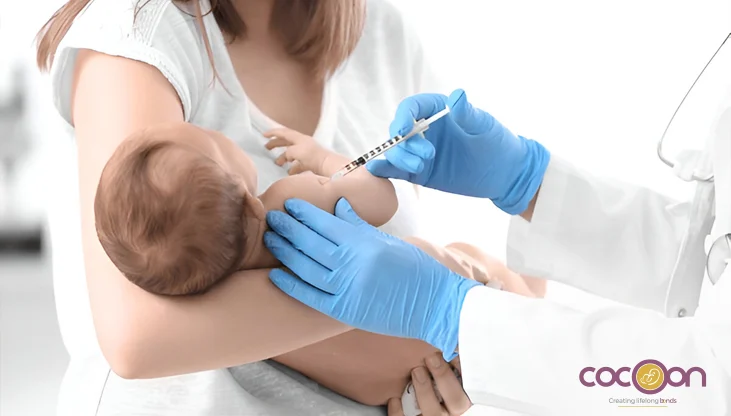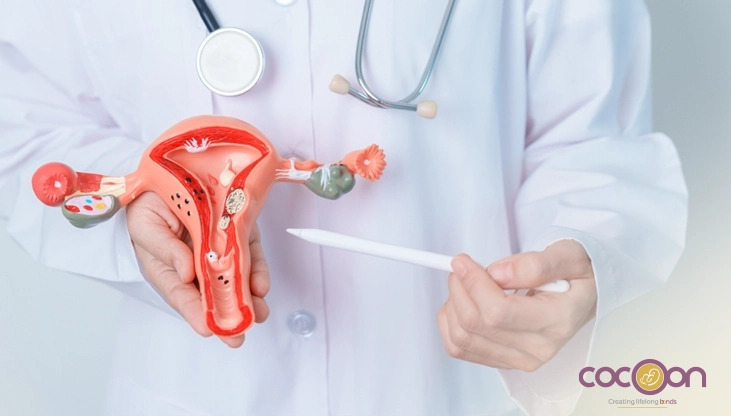It’s crucial for you to pay heed to common gynaecological problems, as your reproductive health affects your whole well-being. If you turn a blind eye to these issues, like irregular periods, pain, infections, or abnormal discharge, these can turn into more severe health problems.
For example, untreated vaginal infections can lead to infertility or difficulties in getting pregnant later. Hormonal fluctuations can make you feel tired and weak or even cause bone issues due to low oestrogen.
Not taking these symptoms seriously might mean missing early signs of conditions such as polycystic ovary syndrome (PCOS), fibroids, or even certain cancers. So, don’t brush off what seems small; early action and regular checkups are the key to avoiding bigger women’s gynecological health.
Common Female Reproductive Health Issues That You Need to Pay Attention To
Below is a list of common gynecological conditions. Cocoon Hospital advises you if you notice any signs or symptoms of these problems, contact your medical professional early for proper care and treatment.
1. Heavy Periods
If you are changing pads or tampons frequently, your periods last more than a week, or you have heavy blood flow, it can signal heavy periods (also known as menorrhagia). You are not alone; this is one of the most common types of gynecological disorders that females are facing today.
Signs: Soaking pads quickly, tiredness, and cramps.
What to do: Consult your doctor for blood tests or pills
2. Polycystic Ovary Syndrome (PCOS)
PCOS is a type of women’s gynecological health issue which happens when your organ that produces eggs makes extra male hormones, and tiny sac-like pockets grow.
Signs: Irregular periods, acne, unexplained weight gain, excessive hair on face or body.
What to do: Ask a doctor for hormone checks and diet advice, and adequate treatment to help prevent issues related to skin, monthly cycles, and fertility.
3. Endometriosis
In this condition, tissue similar to the womb’s lining grows outside the womb, causing you extreme pain.
Signs: Unbearable period cramps, pain during intercourse, belly or back pain, difficulty in conceiving.
What to do: Book an appointment to consult an expert for advice from Cocoon Hospital if pain is severe or doesn’t go away. Medicines or recommended surgery may help.
4. Uterine Fibroids
These are not harmful lumps inside or around your womb.
Signs: Heavy bleeding, pelvic pain, feeling full in your belly, and urine urgency. However, there may be no symptoms at all.
What to do: Go for regular checkups, as many fibroids don’t need surgery however, bigger ones may require removal.
5. Ovarian Cysts
These are often harmless, small fluid-filled sacs on your ovaries (organs that produce eggs).
Signs: Lower belly pain and bloating. You can experience sudden, extreme cramps if a cyst bursts or twists.
What to do: See your healthcare professional if the pain is sharp or lasts. Scans can help determine if cyst treatment is needed or not.
6. Pelvic Inflammatory Disease (PID)
This is a woman's gynecological health, which causes infection in your womb, fallopian tubes, or ovaries, often from a sexually transmitted infection.
Signs: Pelvic pain, fever, and foul-smelling discharge. You can feel pain when peeing or during sex.
What to do: Don’t wait; immediately get checked for infections and kickstart your treatment quickly to avoid future fertility issues.
7. Cervical Cancer
This cancer starts in the lower, narrow end of the womb (or cervix) and is best detected by regular screening.
Signs: Irregular bleeding during periods or after sex, strange discharge, and pain during sex.
What to do: Don’t skip your routine Pap smears, as early detection has saved many lives.
8. Vaginal Infections
From thrush to other bacterial overgrowth, infections are a very common type of gynecological issues in women.
Signs: Itching, burning, odd discharge, strong odour.
What to do: See a doctor for proper evaluation, as treatment depends on what’s causing it (bacteria, fungi or virus).
9. Menopause and Perimenopause
Perimenopause is the period before menopause when your body is getting ready to stop having menstrual periods. It is a natural phase of life that every woman goes through, and it happens around age 45-55.
Signs: Irregular periods, hot flashes, mood swings, sleep trouble, dryness.
What to do: Talk to a doctor if symptoms bother you because proper guidance will make your menopausal transition smooth.
10. Pelvic Organ Prolapse
In this type of gynecological disorder, the pelvic area, or the region of the body below the abdominal muscles, weakens, and organs drop or bulge into the vagina.
Signs: Feeling a bulge, pressure, and
discomfort.
What to do: Ask your doctor for the proper treatment. You may need a proper exercise routine and surgery.
Conclusion: Get Proper Gynecological Disorder Treatment
The first step in treating your common gynecological issues is not feeling embarrassed about them. Discuss openly with your partner or healthcare professional because taking care of yourself is key to caring for those you love.
If you notice unusual bleeding or discharge, constant pelvic pain or bloating, pain during sex or urination, or itching and lumps, don’t wait; consult a trusted expert for proper treatment. Early diagnosis and treatment make all the difference.
















